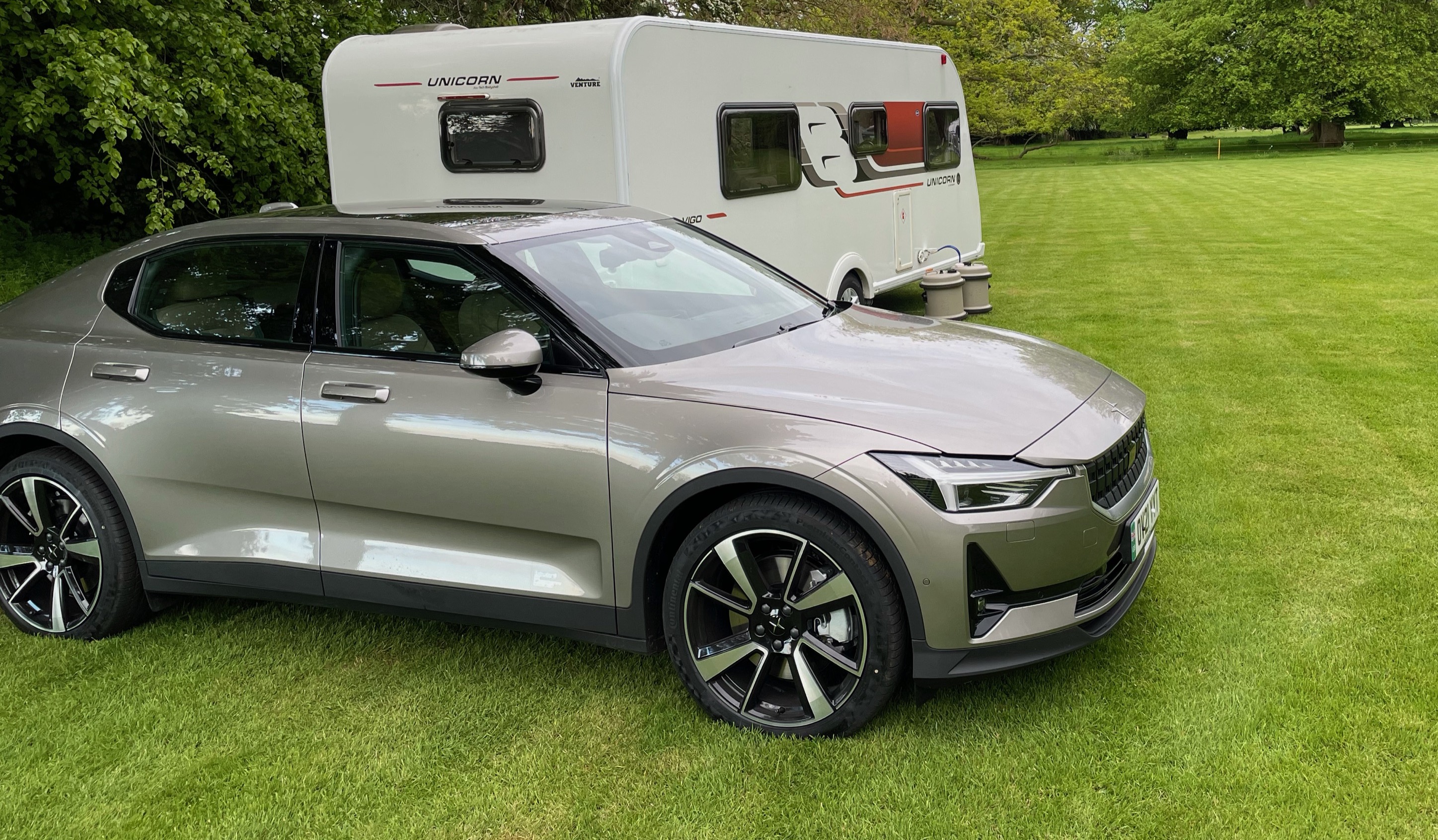Nickplymouth replied on 27/06/2021 11:18
Posted on 27/06/2021 11:18
Hi all,
I wondered if anybody has used an electric car for towing and has practical experience they can share?
I've used a hybrid recently and it's fine as of course I can top up with fuel nice and easily.
My main concern is charging on a longer trip. From what I can tell to charge at services, I am likely to need to park the caravan in the 'lorry' area then move the car to a charge point then back again after. I don't think this is possible at all service areas so might require the caravan to be taken to the normal car area, but still unhitched to allow charging.
I can cope with a little extra inconvenience, as I don't expect it to be an issue very often.
Thanks.
Nick.








Nickplymouth